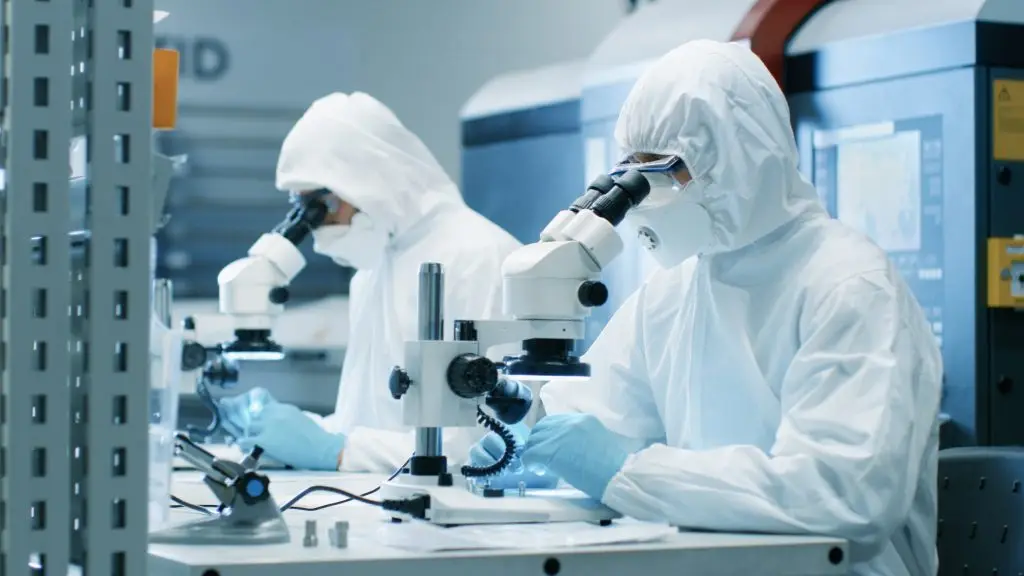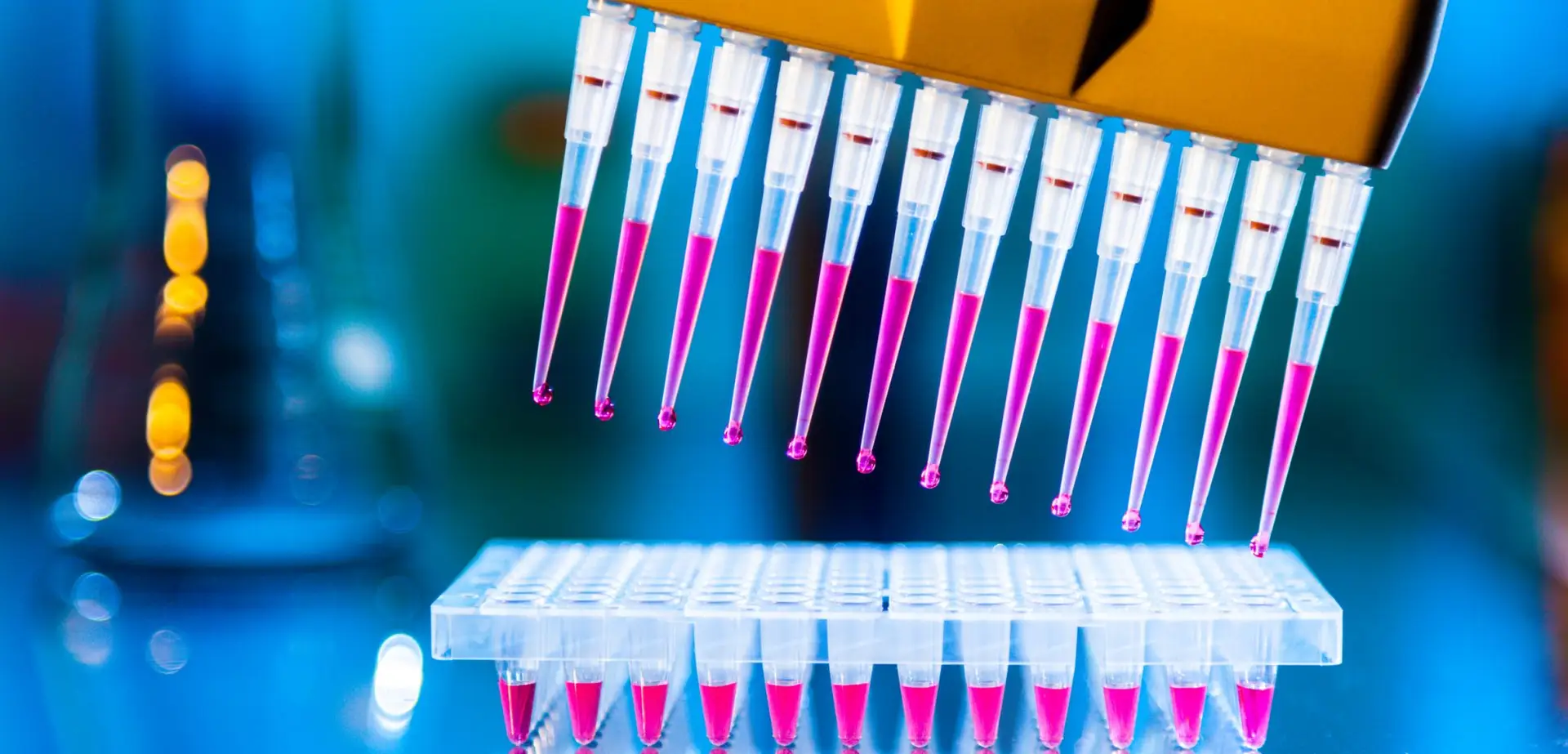Our mission is to effectively target solid tumors with CAR-CIK technology by overcoming the limitations of traditional CAR-T therapies


CIK cells are known for their potent cytotoxic activity against a wide range of cancer cells, including those from solid tumors and hematological malignancies. They are being investigated in cancer immunotherapy as a form of adoptive cell transfer, where the patient’s own immune cells are collected, modified, and expanded before being reintroduced to fight cancer.
A CIK (Cytokine-Induced Killer) cell is a type of immune cell that has been activated and expanded in vitro (outside the body) using a combination of cytokines, including interferon-gamma (IFN-γ), interleukin-2 (IL-2), and anti-CD3 antibodies. These cells are a heterogeneous population of T lymphocytes with both T-cell and natural killer (NK) cell-like properties.
The unique feature of CIK cells is their ability to recognize and kill target cells without the need for prior sensitization to specific tumor antigens, making them a promising therapeutic option for treating various types of cancers.

Greatly simplified due to allo healthy donor
Greatly reduced
No serious CRS adverse events observed to date
SB100X transposase system (inexpensive and highly efficient)
Complexities due to autologous setting
extremely high cost/dose limits access over reimbursement issues
Potentially severe CRS
Recombinant retrovirus (biggest cost driver)